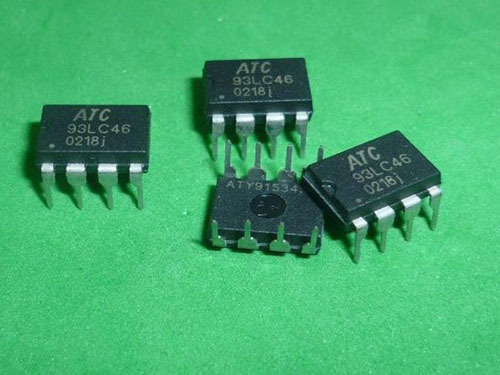Contrary to the 20-year-old memory industry, the non-memory industry in South Korea is facing a triple blow to poor performance, structural adjustment and international corporate patent warfare. The South Korean government promoted the system's domestic semiconductor manufacturing policy, which was criticized without any substantial help. South Korean industry experts pointed out that the example of Taiwanese companies receiving government support for growth and leading the global market deserves learning from South Korea. PowerStack Industrial And Commerical Liquid Cooling ESS Jiangxi Huayang New Energy Co.,Ltd , https://www.huayangenergy.com
According to Korean media ChosunBiz, IBK investment and securities analysis pointed out that Samsung Electronics' system LSI department in the third quarter is estimated to have an operating loss of KRW 430 billion (approximately US$ 410 million). Apple Computer's iPhone 6 and iPhone 6 Plus Application Processor (AP) A8 entrusted Taiwan Semiconductor Manufacturing Co., Ltd., and the sharp decrease in Samsung Electronics' orders was considered to be the main cause of losses.
The sluggish performance also led to the restructuring of the industry. Dongbu Hitek, South Korea’s only foundry, won an 11 billion won operating profit in the first half of 2014. The company’s destiny is finally easy to turn a profit.
Potential buyers also include mainland companies, and non-memory technologies are likely to flow overseas once a deal is reached. A president of a small and medium-sized semiconductor company said that if it is for the sake of South Korea's semiconductor industry, it would be necessary to retain such specialized foundries like the Eastern Hi-Tech.
South Korea's fabless IC design SMEs are also facing a crisis, and the establishment of a joint venture company with SKT (SK Telecom; SKT) to enter the mainland MtekVision, in March due to worsening performance was forced to withdraw from South Korea KOSDAQ, is currently taken over by the court.
In NeoFidelity, which manufactures audio chips for television, the founder has given up his position as the largest shareholder in July and handed over the operating right; audio chip company Pulsus Technology has sold the assets to ABOV Semiconductor and ended the company.
Even worse, patent litigation between international companies. In early September, the display chip company NVIDIA filed a complaint with the United States International Trade Commission (United ITC) that Samsung Electronics and Qualcomm's smart phone drawing technology infringed on its patents, and also required the ban on the Galaxy S5, Galaxy Note 4, and Galaxy Note Edge. And other latest products imported into the United States.
In early 2011, Intel and NVIDIA signed a six-year, $250 million annual technology licensing agreement. Samsung Electronics and Qualcomm may also have to pay NVIDIA a sky-high licensing fee through patent negotiations. Professor KAIST South Korea said that the South Korean semiconductor industry has no vision, let alone draft a patent strategy.
Contrary to the 20-year-old memory industry, the non-memory industry in South Korea is facing a triple blow to poor performance, structural adjustment, and international corporate patent warfare, while the South Korean government's blindly promoting the system's domestic semiconductor manufacturing policy has been criticized without substantial help.
A professor at a national university in South Korea also stated that the government's development of import measures is a waste of budget. Taiwanese companies are receiving government support for growth, which leads the example of the global market. It is worth learning from the South Korean government.